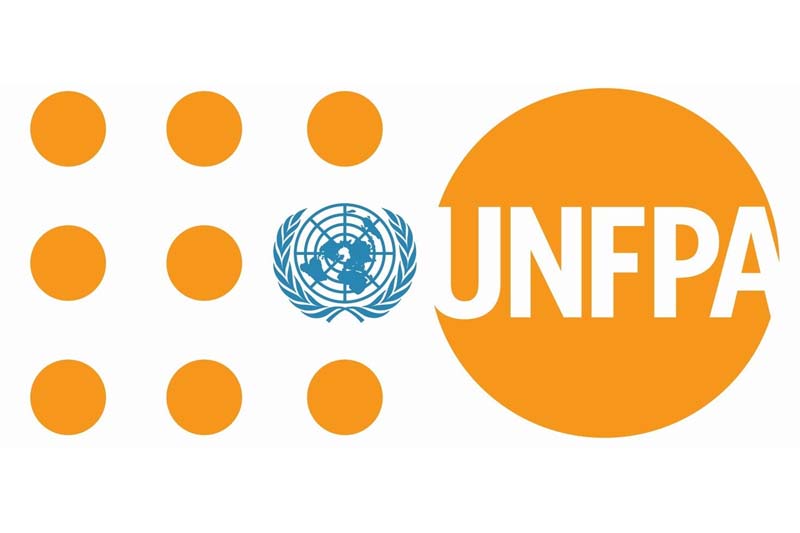UNFPA urges Asia Pacific nations to expand sex education
KATHMANDU: A recent report of the United Nations Population Fund (UNFPA) on Monday has urged the countries of the Asia Pacific region to expand sex education among youth intensively.
According to the report, today’s youth aged between 15 and 24 are having sex before marriage for want of proper education on reproductive health, safe and consensual sexual relationships along with life skills to handle the consequences of unsafe sex.
The report, “Sexual and Reproductive Health of Young People in Asia and the Pacific: A Review of Issues, Policies and Programmes”, further states that the youth in the region face problems to access information on sex education because of the physical, socio-economic as well as cultural barriers in their society.
The report was prepared by the Burnet Institute, Australia for UNFPA in collaboration with the United Nations Educational, Scientific and Cultural Organisation (UNESCO) and the World Health Organisation (WHO) South-East Asia Regional Office includes data from 36 countries including Nepal.
“Without knowledge, information and access to quality care, young people face far bigger risks of unwanted pregnancy, unsafe abortion and sexually transmitted infections, including HIV,” UNFPA’s Asia-Pacific Regional Director, Yoriko Yasukawa, said as quoted in a statement issued by the UN agency today, “We need to abandon once and for all the idea that leaving young people in ignorance is going to stop them from having sex or that talking about it is going to make them have sex.”
The UNFPA also expressed concerns over the increasing unsafe abortions as out of the 11 million unsafe abortions that took place in 2015, 34 per cent of women were found to be under the age of 25 and 63 per cent adolescent pregnancies were unintended.
In 2015, the report said that, around 620,000 people of the age group 15-24 were infected with HIV across Asia-Pacific region.
Over 30 per cent females of the 15-19 age group, in the Marshall Islands, Pakistan, Timor-Leste and Vanuatu, have experienced physical or sexual violence, it reports.
"Young people need accurate information on puberty, sexuality, and related issues and the skills and confidence to make responsible and caring decisions about sex and relationships in general,” Director of the UNESCO Asia Pacific Regional Bureau for Education in Bangkok, Gwang-Jo Kim, said.
Regional Director of the WHO for the South-East Asia Region, Dr Poonam Khetrapal Singh said that the youth deserve sound public health response and stressed strengthening the public health programmes at the government level with continuous monitoring of its implementation.






